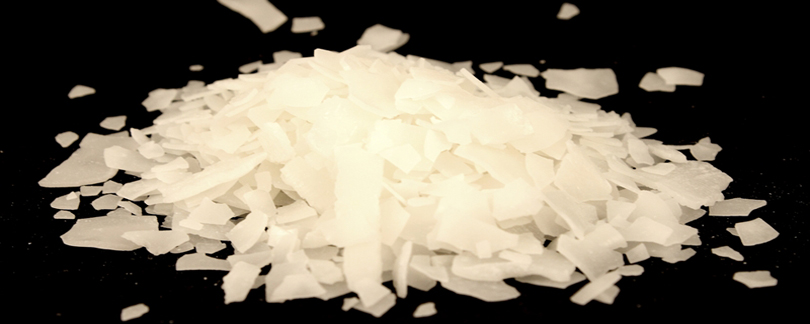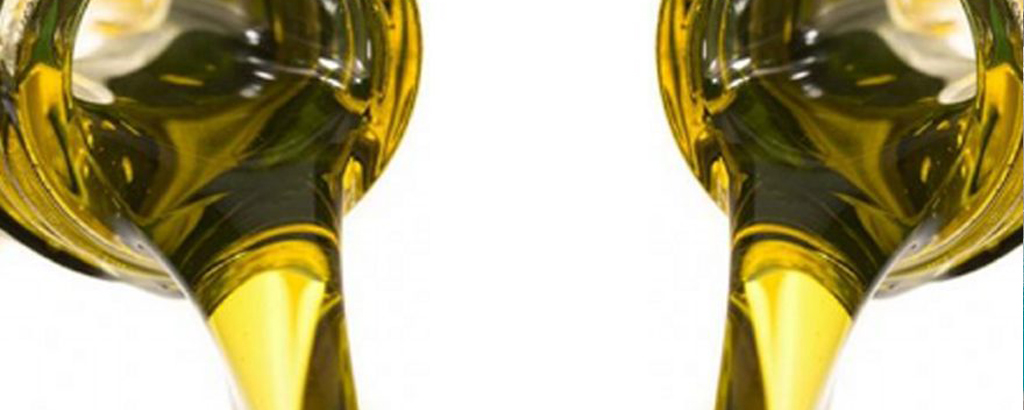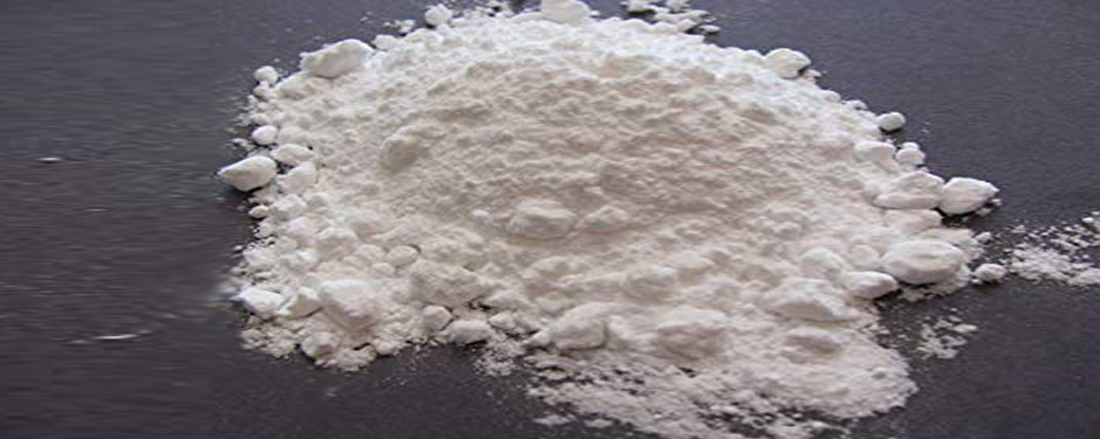SODIUM THIOCYANATE LR
Sodium thiocyanate is the chemical compound with the formula NaSCN. This colorless deliquescent salt is one of the main sources of the thiocyanate anion.
A method is developed for detecting the concentration of sodium thiocyanate (NaSCN) in milk based on surface-enhanced Raman scattering (SERS) technology. A trichloroacetic acid solution can be used to enhance the SERS signal because of its function in promoting the aggregation of Ag nanoparticles (Ag NPs).
Sodium thiocyanate is employed to convert alkyl halides into the corresponding alkylthiocyanates. Closely related reagents include ammonium thiocyanate and potassium thiocyanate, which has twice the solubility in water. Silver thiocyanate may be used as well; the precipitation of insoluble silver halides help simplify workup. Treatment of isopropyl bromide with sodium thiocyanate in a hot ethanolic solution affords isopropyl thiocyanate.[4] Protonation of sodium thiocyanate affords isothiocyanic acid, S=C=NH (pKa = −1.28).[5] This species is generated in situ from sodium thiocyanate; it adds to organic amines to afford derivatives of thiourea.









